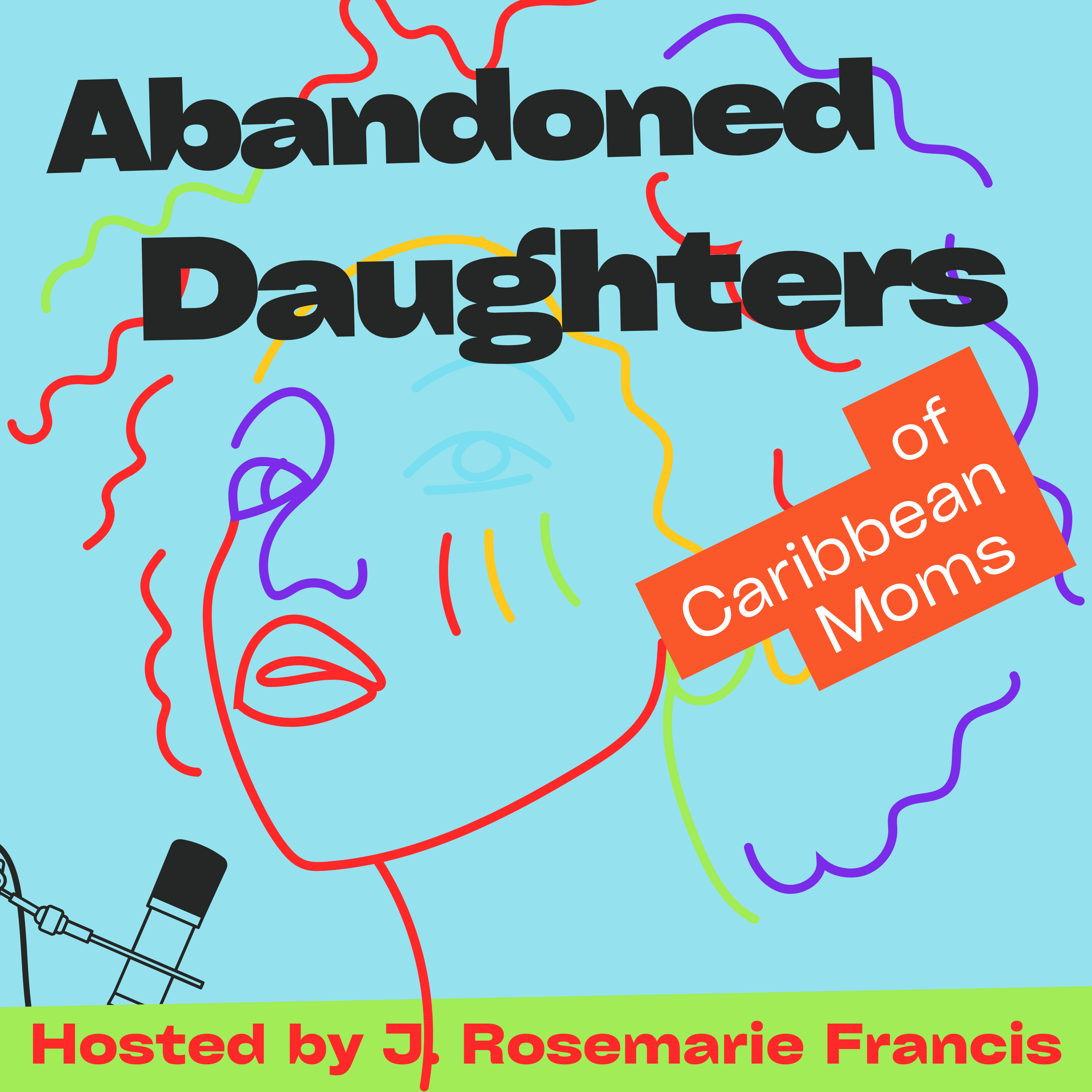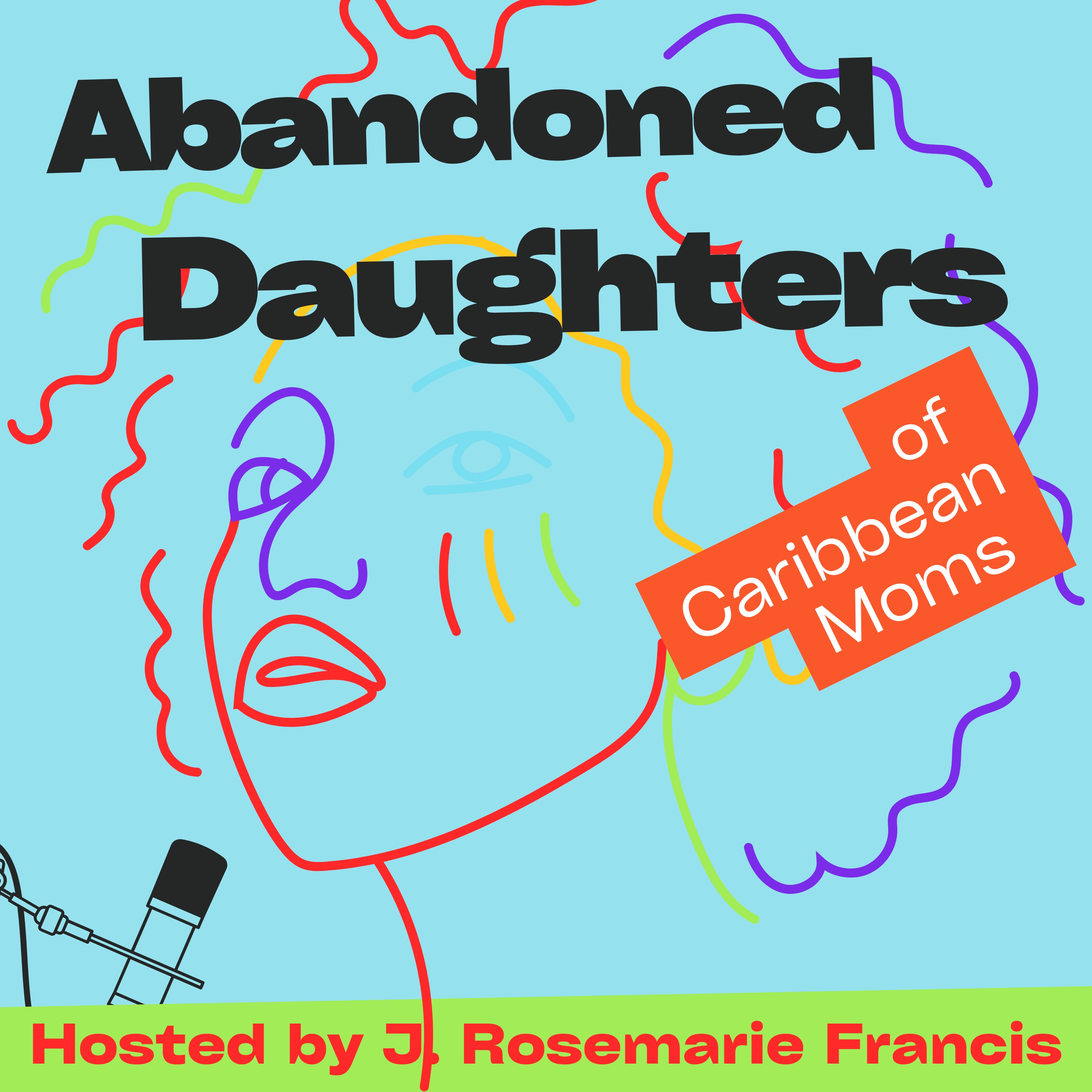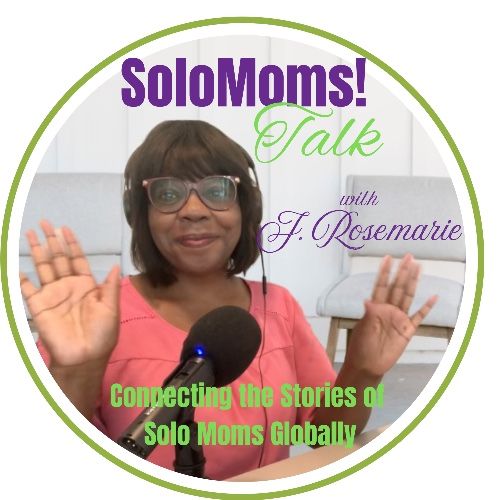Self-Reflection: The Key to Begin Healing
Key Takeaways:
(00:00:13) – Impact of Childhood Abandonment: How the abandonment I experienced as a child has influenced my adult relationships and sense of self-worth, particularly after my third divorce.
(02:24:92) – Healing through Self-Reflection: Healing from childhood trauma starts with self-reflection and accountability rather than blaming others for your past.
(04:49:63) – Effects of Abandonment in Adulthood: How abandonment has shaped my behavior, making me avoid conflict and withdraw from situations where I feel like a burden.
(07:12:52) – Taking Responsibility for Your Life: The importance of taking full responsibility for your life, how Jack Canfield's The Success Principles is currently influencing my journey of continuing self-awareness.
(09:36:61) – God as a Source of Healing: Understanding God as your loving father is essential for healing from abandonment and building healthy relationships.
Subscribe to this podcast and get notice of new episodes here.
Want to talk? Book a call with me here.
Transcript
In this second full episode of Abandoned Daughters of Caribbean Moms, I wanted to touch base on some of the fallout from childhood abandonment that I've been experiencing lately. And it's really strange because you don't realize unless you do self-reflection. I remember after my third divorce, I sat down and wondered why.
Why is it that nobody wanted me? Why is it that nobody loved me? And I questioned my worth. What was wrong with me? Is there something wrong with me? My grandfather who raised me from I was nine months old died when I was 12. I was a 12 year old girl with no adult, no parent. I was in my aunt's household but I didn't have a parent.
And I found myself after divorce wondering what was wrong with me. And a voice came to me and said, there is nothing wrong with you, but you need to start looking inside for answers. And I did that. I remember during the divorce that I read a lot of what
Tony Robbins write and listen to a lot of his empowerment messages. I also read and journaled with Joel Osteen's Your Best Life Now. And one of the exercises that Tony Robbins talk about is that he said that if you are looking for a mate, bear in mind at time I wasn't looking for anyone, I was done.
right, because I just figured that was it. But if you're looking for a mate, make sure that the qualities you're looking for in a mate, that you have those qualities. So if you're looking for a loving partner, you have to be a loving person yourself. So I made a list, I made two lists. made one, what I would be looking for in a partner if I was looking, and two, the second side said, who am I? Am I any of these things?
Jennifer Francis (:and I started to work on my own shortcomings as far as that list was concerned. What I'm getting at here is that the healing is going to start with self-reflection and examining yourself. The Bible says, let a man so examine himself. And in this case, let an abandoned daughter of a Caribbean mom examine herself because this is not a time to blame and to point fingers.
This is a time for healing. And I believe the healing begins with this self-reflection. At least that's the way it worked for me after my third divorce. I have met other abandoned daughters who was going through their third divorce and they didn't know why they couldn't keep a marriage. But if you go into these marriages with the wrong mindset,
Mine was I was looking for family because all the ones I thought I had had abandoned me. I'm going to get into a little more about what happened when I went to England, but for now I just want to concentrate on the here and now. So that was one thing. I had a false belief that if I cared for someone that they would love me back and I could build a home with them. And that's a false belief because you think you can rescue broken people.
and make them well, but you're broken yourself so you can't heal anybody, you can't un-broke anyone. That's a misconception that I had as an abandoned child and I feel it's a result of dealing with abandonment. Nowadays, at this age, I'm discovering that I'm spending a lot of time with myself and
I'm finding that I run away from situations before they get tough or if I suspect that they're getting tough. I don't like conflict. I won't fight with you over anything. I'll just walk. The other thing that I noticed, something really miniscule, but it's expanding itself in my life is that growing up, I felt like I was pushed around a lot.
Jennifer Francis (:you know, being moved out of people's way because I was in people's way. Nobody felt responsible for me, you know. So I was just shuffled around. And now I find that if I'm in someone's space, I don't want to be in their space. I don't want to put my food on their counter. I don't want my food in their fridge. And if I do,
put it in the fridge, I want it at the back, out of the way. And I keep myself to myself because I don't want to be in people's way. And I asked myself one day, why was I like that? It's a quirk. It's a real quirk. And there's no malice with it. No, there's no malice in it. It's just this, you know, this desire and it's a relentless desire to not.
be in people's way. And you know, I'm a friendly person. I love to get to know people. I love to have conversations, deep conversations, especially with new individuals. I like to understand how people think and why they do and live the way they do. And if I'm always trying to get out of their way,
I'm not going to learn that. I'm not going to be able to have these conversations which I enjoy having. And so I've been looking at that and that is why I do self-reflection. You know, I mentor single moms and I find that self-reflection helps when, you know, you you're confused because we're often bombarded by other people's opinion and
They don't really matter. What matter is when you do that self-reflection and find out, get to know yourself, get to know who you are and how you behave and why you behave that way. It will help you to become a better person, a better version of you. The person you could stand in the mirror and smile at and love. Because the truth is that regardless of your upbringing,
Jennifer Francis (:are non-upbringing. You are not an adult who has to, who has the responsibility for your own life, for your own decisions, the way you act or react. You know, it's funny, I'm starting to reread Jack Hanfield book, The Success Principle. And the first chapter is take 100 % responsibility for your life. Had I known that my abandonment issue would affect
the decisions I made in life, I would have taken better care not to allow that to happen or to seek help quicker. And so the reaction I had was a subconscious reaction. So I wasn't conscious that my bad decision, my string of bad decisions and quirks and mistakes were a result of my upbringing or non-upbringing.
And because I wasn't aware of it, I couldn't take responsibility for my actions. And I think that's probably what needs to happen now. And that's what I've been working on for years really. But things keep coming out now because the truth is that because I wasn't aware, I couldn't address them. But as an adult and as you know, going back to England and...
Just different things happening to me and I'm now starting to do some self-reflection. I've been spending more time with myself, examining myself, and discovering these things. So I hope that helps, you know, this is what this is about. I hope it helps. And the truth is, I wish I took the time to do this self-reflection in my 20s because I spent my whole life running.
from conflict. The moment I sensed conflict, I wanted to run and I didn't just want to, I ran. And I'm telling you how much I have lost so much over the years simply because I did not know how these things affected me. And the truth is I just told myself I didn't care who didn't want me, who didn't love me, who didn't think they were responsible for me.
Jennifer Francis (:I wouldn't care. I was just going to do what I wanted to do in that moment. And so I encourage you, if you're one of those daughters who are still in conflict with your upbringing because you were left alone to fend for yourself, you're abandoned, and maybe things happen to you as a result of you being left alone. Believe me, things happened to me.
I'm not really sure I'll ever talk about it, but maybe I will. Look inside yourself. Consider either going to therapy, I did. I went to therapy for 10 years and it was because it was comfortable why I went so long. It became a comfortable place to go and talk. It was my safe place for 10 years while I had a job. I went to therapy. The other thing that
we must understand and I discovered a lot later than I wish I had is that God is your father and regardless of whether you knew your father or not or he was a good father or not, God is your father and he loves you. He will take whatever brokenness you have.
and he will mend it and he will make you into this precious human being you are because you are precious. You are a chosen generation and you are his masterpiece. So if you are one of those still broken, still mourning the loss of mother daughter relationship, remember God is your father. And with a father like that,
-: Jennifer Francis (:1329. Let's chat. In the future, not too distant future, I'll also be recreating my meetup group so that abandoned Daughters of Caribbean mom from all over the world can join, come and talk. Let's do this. Thank you.



